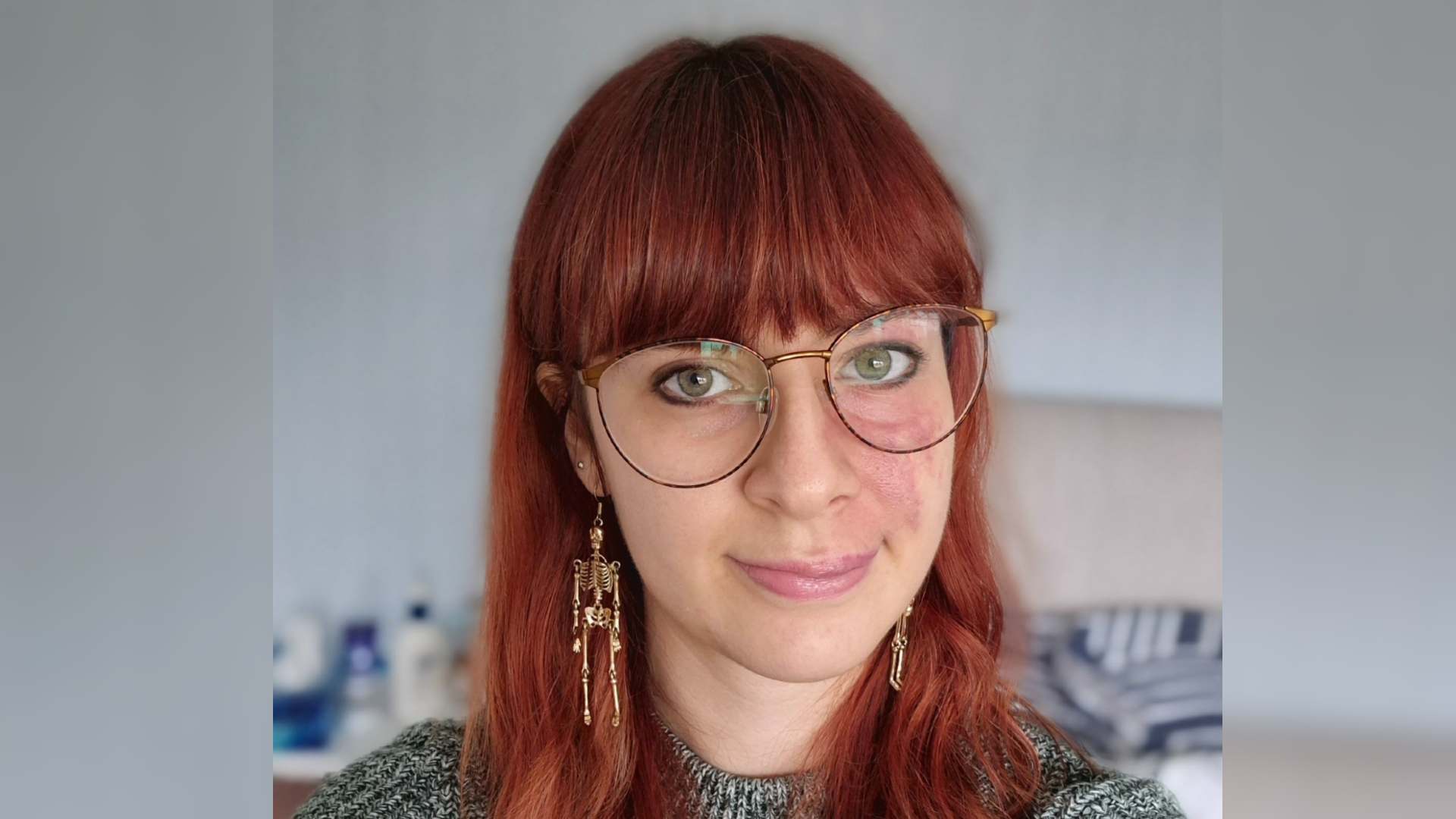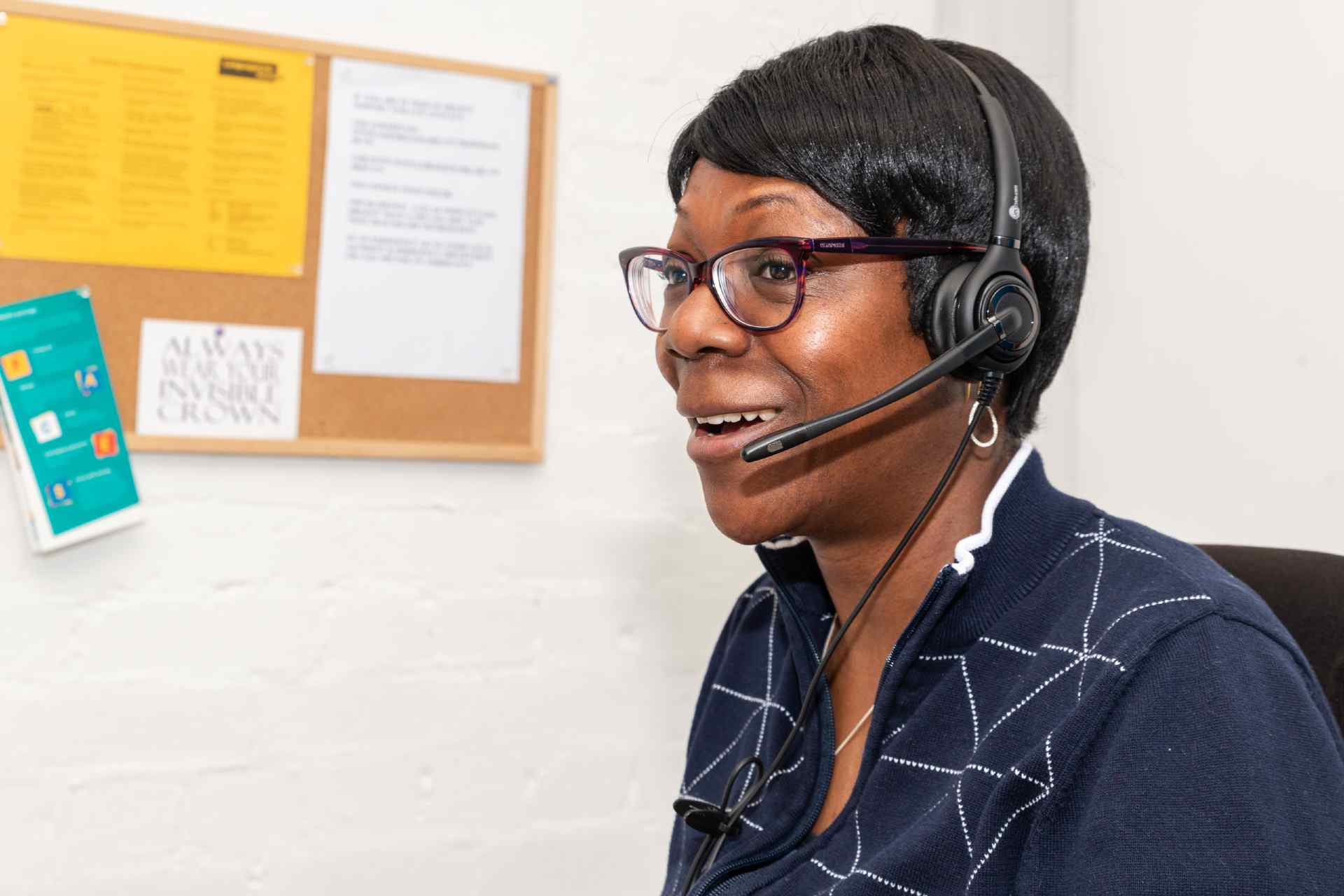When you think of Halloween, vampires, ghouls and zombies often spring to mind. But what do these monsters look like? Do they have scarring, burns or missing limbs? Perhaps a skin condition or a hunched back? This is where Halloween can get uncomfortable for the visible difference community.
For years, we’ve been presented with villains and monsters whose evilness is characterised by their appearance. For example, Freddy Krueger, Joker and all James Bond villains. This has given rise to a problematic culture of using people’s conditions as costumes to look “scary”.
A simple game of dress up for some, can be a source of anxiety and trauma for others.
Consider your Halloween costumes. Don’t stick on some prosthetic scars and call it a day. You might be able to remove them at the end of the night, but many people can’t.
Campaigner John shares his experience:
“I was getting on a bus when I heard screams from some young children upstairs. They had been watching me at the bus stop and as I reluctantly walked up the stairs of the overcrowded bus, I heard cries of “The scary Halloween man is coming up the stairs”.
“This is Halloween for me now. As it grows closer, I’m careful to stay away from families with children who so often associate a facial difference with Halloween.”
Campaigner Ellie had a similar incident:
“I was sitting on a tram in mid-October and someone across from me said “bit early for Halloween, isn’t it?”, looking me straight in the face. I was on my way to a roller-skating event and dressed in normal skater clothes which bear no relationship to Halloween, so I can only presume he was referring to my facial scarring.”
This tired stereotype is causing harm to the visible difference community. Imagine fearing going out in public every time October rolls around, because you don’t know what thoughtless comments you might receive.
Positive change is needed, and everyone can be part of that. Consider your Halloween costumes. Don’t stick on some prosthetic scars and call it a day. You might be able to remove them at the end of the night, but many people can’t.
There are plenty of options that don’t continue this damaging stereotype, such as:
- Ghosts (can’t go wrong with a classic bedsheet look)
- Animals e.g. bats, spiders or cats
- Film characters (horror or not) e.g. Ghostface or Huntrix
- Duo costumes e.g. Mario and Luigi or ketchup and mustard
- Video game characters e.g. Lady Dimitrescu or a Minecraft Enderman
Get creative – that’s part of the fun!
Campaigner Crystal summarises it perfectly:
“Before an operation altered my appearance, I didn’t think twice about Halloween and using offensive stereotypes like scars as part of a costume. When I became facially different, I educated myself and realised how harmful it is. I encourage everyone to think carefully about their costumes, as one decision could negatively impact a whole community.”
We’re not saying to stop celebrating Halloween; all we’re asking is to consider the real-life impact that your costume choices could have on the visible difference community. Help Halloween and visible difference to coexist peacefully, by learning about the harmful history of visible differences being used to represent evil and keep that in mind moving forwards.
Happy Halloween!

